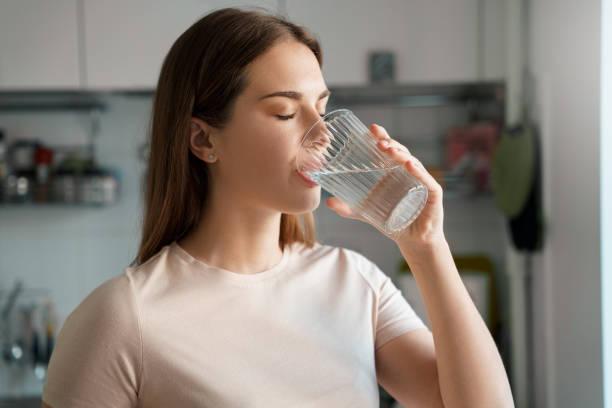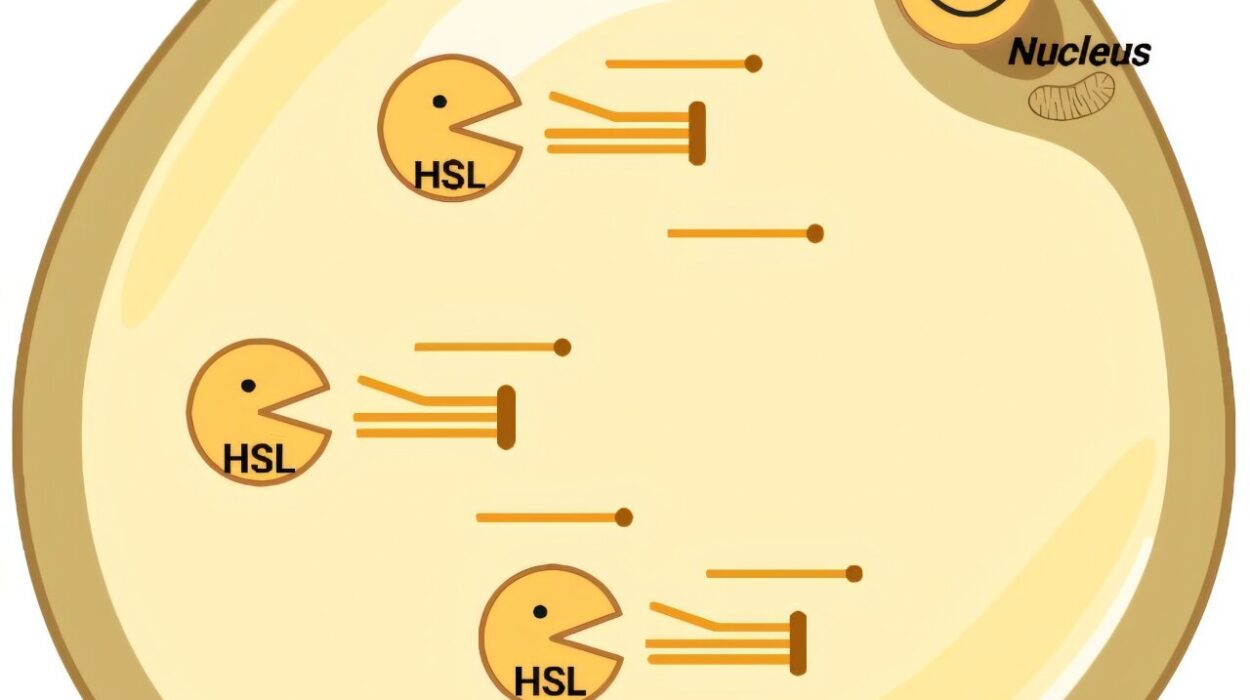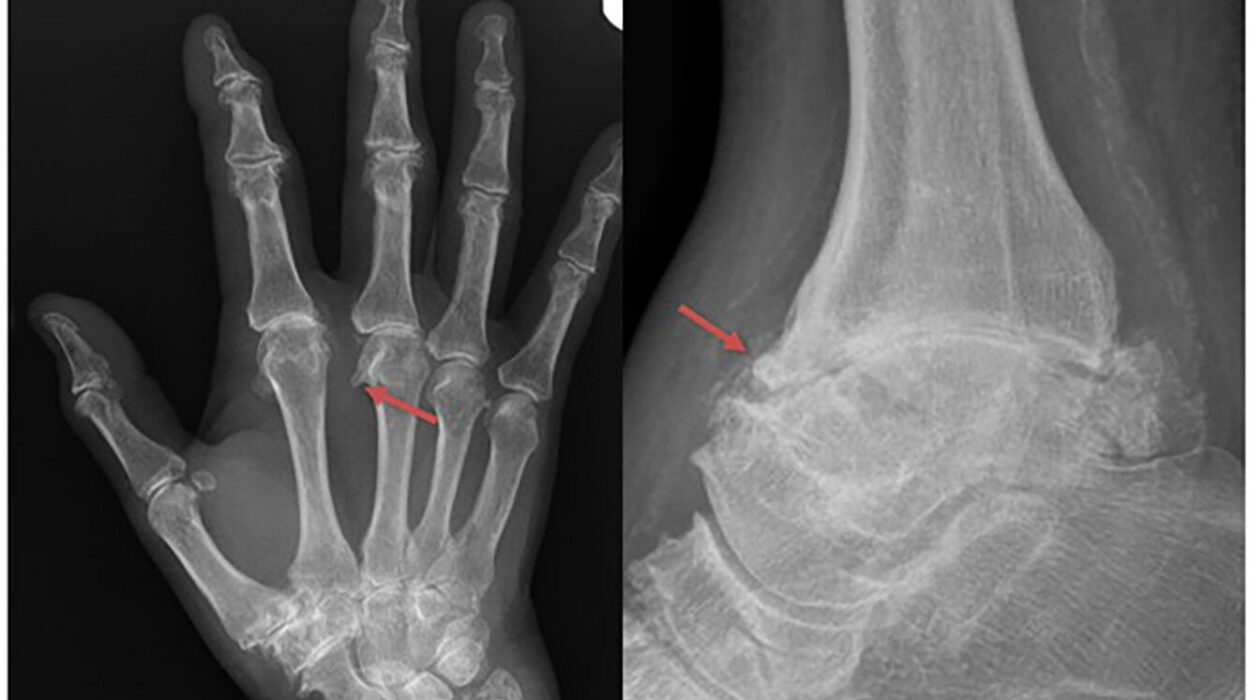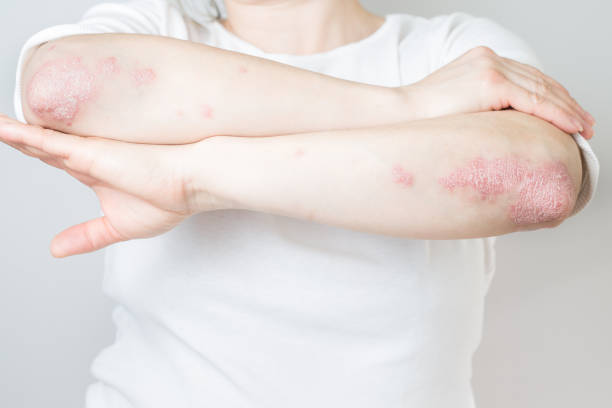Water isn’t just a part of life—it is life. We are quite literally creatures of water. The human body is composed of about 60% water, and it touches every cell, every organ, and every bodily system we have. Yet, despite its critical role in keeping us alive and functioning optimally, hydration is often treated as an afterthought. We are quick to reach for coffee in the morning, forget to drink water during our busy afternoons, and sometimes go an entire day with only a single glass of water. The truth is, most people are walking around in a mild state of dehydration, and they don’t even realize it.
Hydration is not just about quenching thirst. It’s about enabling your body to perform its daily miracles. It’s about optimizing health, mental clarity, digestion, energy, mood, and even appearance. In this article, we’re going to dive deep into why hydration is more important than you think—and how it silently supports nearly every function in your body, often without applause or attention.
The Science of Hydration: Why Every Drop Counts
Water is the foundation of all biochemical processes in the body. From your brain to your big toe, every single cell requires water to do its job. Without adequate hydration, cells shrink, processes slow down, and your body begins to falter in ways that can be both subtle and severe.
Hydration isn’t just about drinking water—it’s about maintaining a delicate balance between water and electrolytes. Sodium, potassium, magnesium, and chloride all work in harmony with water to regulate nerve signals, muscle contractions, and even heartbeats. Think of hydration as an orchestra: water may be the conductor, but the musicians—the electrolytes—make sure the performance is harmonious.
Even a small dip in hydration can affect your body’s performance. Studies show that losing just 1–2% of your body’s water can impair cognitive performance, reduce physical stamina, and increase feelings of fatigue. That means if you’re 70 kg and you lose 1.5 liters of water—say, after a workout or on a hot day without replenishing—you’re already in the dehydration zone.
Thirst Is a Liar: Don’t Wait Until You’re Parched
One of the most misleading signals in our body is thirst. By the time you actually feel thirsty, your body is already dehydrated. It’s like waiting until your car starts smoking before checking the engine oil. Your body, brilliant as it is, tries to conserve water and sends out subtle distress signals before it outright demands hydration.
These subtle signs can include dry skin, dark-colored urine, headaches, dizziness, and even mood swings. Chronic low-level dehydration has also been linked to more serious health issues such as kidney stones, urinary tract infections, and high blood pressure.
The problem is that we’ve become used to ignoring these signs. In a world filled with soda, caffeine, energy drinks, and alcohol—all of which can actually dehydrate us—we often mistake our thirst for hunger or tiredness and reach for snacks or another cup of coffee instead of water.
Hydration and the Brain: Thinking Clearly Starts with a Sip
The human brain is made up of about 75% water. It should come as no surprise, then, that hydration significantly impacts mental function. Dehydration impairs attention, short-term memory, and long-term recall. Even mood and emotional regulation are affected. People who are dehydrated are more likely to report anxiety, depression, and difficulty concentrating.
One fascinating study found that participants who lost just 1.4% of their body weight in water—typically after exercise or heat exposure—showed poorer memory, attention span, and overall cognitive performance. Another study observed that mild dehydration made people more prone to headaches, poor sleep, and lower productivity.
For students, professionals, and anyone needing their brain to fire on all cylinders, proper hydration is not optional. It’s essential. That foggy-headed feeling in the afternoon? It might not be lack of sleep or caffeine withdrawal—it could simply be dehydration.
Physical Performance: Fueling Your Inner Athlete
Whether you’re a professional athlete or someone who just enjoys a daily walk, hydration plays a pivotal role in physical performance. Muscles are about 75% water, and dehydration decreases muscle strength, endurance, and coordination. It can increase the risk of cramps and injuries and slow down recovery after exercise.
When you’re dehydrated, your body temperature rises more quickly, your heart has to work harder to pump blood, and your ability to sweat—your natural cooling system—is reduced. This makes you feel fatigued faster and can even become dangerous, leading to heat exhaustion or heat stroke.
Proper hydration before, during, and after exercise not only boosts performance but also enhances the benefits of your workout. Your muscles repair more efficiently, your joints remain lubricated, and your energy levels stay steady. Want to get more out of your run, your yoga class, or your gym session? Start by grabbing a glass of water.
Digestion and Detox: The Plumbing of Your Body
Water is your body’s ultimate detox agent. It aids in digestion, helps flush waste from the body, and maintains the health of your kidneys and liver—your main detox organs. Without adequate water, the digestive system slows down, often resulting in bloating, constipation, and discomfort.
Saliva, which begins the digestive process in your mouth, is primarily water. Stomach acid and enzymes also rely on water to do their job properly. When you’re dehydrated, your body produces less digestive juice, which can make it harder to break down food and absorb nutrients.
Hydration also plays a critical role in moving waste through your colon. Without enough water, stools become hard and difficult to pass, leading to constipation and increased risk of colon issues over time. Conversely, staying well-hydrated keeps things moving smoothly and helps your body eliminate toxins efficiently.
Skin, Hair, and Beauty: The Glow from Within
Your skin is your largest organ, and it’s one of the first places dehydration makes itself known. Dry, flaky, or irritated skin can often be traced back to inadequate hydration. Without enough water, your skin loses its plumpness and elasticity, making fine lines and wrinkles more noticeable.
Water acts as a natural moisturizer from within. It helps to maintain your skin’s barrier, flush out toxins, and regulate oil production. Well-hydrated skin looks more radiant, feels softer, and is less prone to breakouts.
Hair health is also tied to hydration. Water supports healthy follicle function, which means better growth and less hair fall. Even nails benefit from hydration—they become stronger and less brittle. So while skincare products and treatments have their place, no beauty routine is complete without a consistent habit of drinking water.
Mood and Emotion: Sip Your Way to a Better Day
Surprisingly, hydration plays a vital role in your emotional well-being. Chronic dehydration has been associated with increased tension, fatigue, confusion, and even symptoms of depression. One reason is that water influences levels of serotonin and dopamine—neurotransmitters responsible for feelings of happiness and pleasure.
When you’re dehydrated, your body produces more stress hormones like cortisol. This can make you feel anxious or irritable for no apparent reason. Add to that the physical symptoms of dehydration—headaches, fatigue, dizziness—and it’s easy to see how a lack of water can drag down your mood and quality of life.
Drinking water isn’t going to solve all emotional issues, but it’s a foundational self-care practice. Think of it as the emotional first aid kit you can access anytime, anywhere. The next time you’re feeling overwhelmed or unusually grumpy, try drinking a big glass of water before you reach for your phone or a snack.
Hydration Myths: Separating Fact from Fiction
Despite how crucial hydration is, it’s also surrounded by myths and misinformation. You’ve probably heard that everyone needs exactly eight glasses of water a day. In reality, hydration needs vary widely based on age, weight, activity level, diet, and even climate. While eight glasses is a decent starting point, many people need more—especially if they’re active, live in hot climates, or consume a lot of caffeine or alcohol.
Another common myth is that you don’t need to worry about hydration if you’re not thirsty. As mentioned earlier, thirst is a delayed signal. A better indicator is the color of your urine—pale yellow usually means you’re well-hydrated, while dark amber suggests you need more fluids.
People also often think they can hydrate solely with coffee, soda, or tea. While these contain water, many are diuretics, meaning they can cause the body to lose more water than they provide. Pure water is still the gold standard when it comes to proper hydration.
Hydration and Disease Prevention: A Hidden Shield
Long-term dehydration doesn’t just make you feel sluggish—it can actually pave the way for chronic disease. Proper hydration has been shown to reduce the risk of kidney stones, urinary tract infections, and even some types of cancer, such as bladder and colon cancer.
There’s also emerging research linking hydration to metabolic health. Water helps regulate blood sugar levels, supports insulin sensitivity, and can assist in weight management by curbing appetite and boosting metabolism. In fact, drinking water before meals has been shown to help reduce calorie intake and promote satiety.
Cardiovascular health is also deeply intertwined with hydration. Blood is about 90% water, and when you’re dehydrated, your blood becomes thicker and harder to pump. This can lead to increased blood pressure and a higher risk of heart disease over time.
Hydration Through Food: Not All Water Comes from a Glass
While drinking water is crucial, it’s not the only way to stay hydrated. Many fruits and vegetables are high in water content and contribute significantly to your daily hydration needs. Cucumbers, watermelon, oranges, strawberries, and lettuce are all excellent sources of water-rich nutrition.
Soups, broths, smoothies, and even dairy products like yogurt and milk also contain high amounts of water. Incorporating these into your daily diet not only helps with hydration but also provides valuable nutrients and electrolytes.
Hydrating through food can be especially helpful for children and older adults, who may not feel thirsty as often or may forget to drink water regularly. It’s a tasty and effective way to maintain fluid balance without feeling like you’re forcing yourself to chug another glass of plain water.
Hydration in Special Populations: When It Matters Even More
Some people have a higher risk of dehydration and should be especially mindful of their water intake. Older adults, for example, experience a decreased sense of thirst and may take medications that further dehydrate them. Children are also more susceptible because they have a higher metabolic rate and smaller fluid reserves.
Pregnant and breastfeeding women need significantly more fluids to support both their own bodies and their babies. Athletes and those with physically demanding jobs require more water to replace what they lose through sweat. Even people recovering from illness, especially with fever, vomiting, or diarrhea, need to be vigilant about staying hydrated.
For these groups, staying hydrated isn’t just a matter of feeling good—it can be a matter of health and safety.
The Hydration Habit: How to Make Water a Daily Ritual
Making hydration a habit doesn’t have to be hard. Start your day with a large glass of water before your coffee or tea. Carry a reusable water bottle and set reminders if needed. Infuse your water with fruit slices, herbs, or a splash of lemon to make it more enjoyable.
Another effective strategy is to link water intake with routine behaviors—drink a glass every time you brush your teeth, eat a meal, or use the restroom. These simple triggers can build a powerful habit over time.
Track your intake using apps or a journal if you’re struggling to remember. And most importantly, listen to your body—if you’re feeling off, tired, or cranky, hydration could be the simplest fix.
Conclusion: The Silent Hero of Health
Water is not glamorous. It doesn’t come in flashy packaging or promise miracle cures. But its power is undeniable. It’s the silent hero that keeps your body running, your mind sharp, and your soul energized. It supports you in ways you may not even notice—until it’s missing.
Hydration is more than a health tip. It’s a fundamental act of self-care, a daily gift you give to every cell in your body. So the next time you wonder whether you need that glass of water, the answer is almost always yes.
Because hydration isn’t just important—it’s vital. More than you think.






